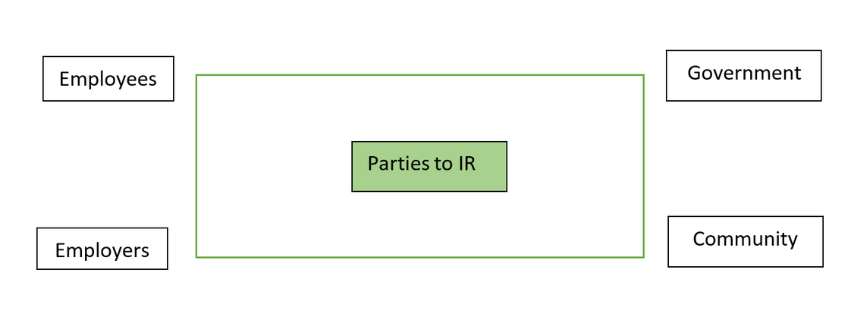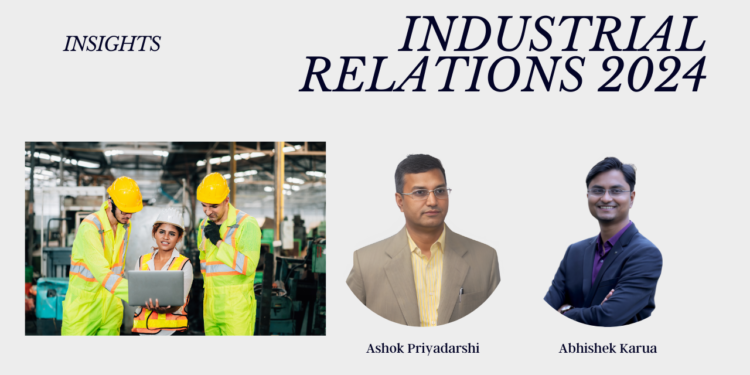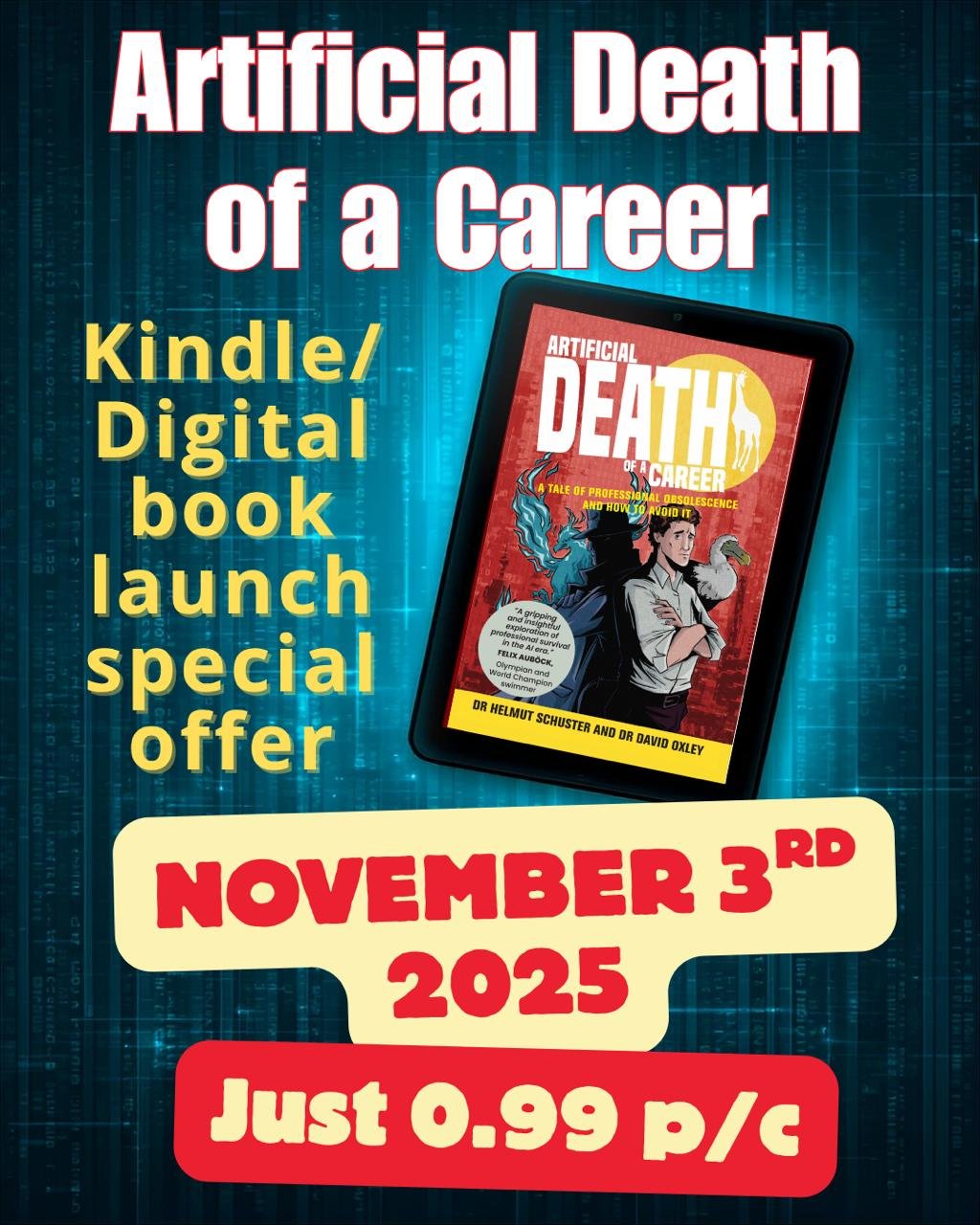Before getting into the landscape of Industrial relations, it is important to understand the- ‘what’ and ‘why’ of IR.
Industrial relations formally defined as the ‘relations, formal or informal, between employees and employers with or without the presence of Trade unions.’ The relationships are governed by the rights and responsibilities of the workers and the employers of the employers with reference to the conditions of the employment. Further, the government plays the role of a mediator.
To answer the ‘why’ it is crucial to dive back to history, back then the workers had limited rights and were not in an equal bargaining position. Exploitation, unequal wages, exhaustive working hours, harsh working conditions were the key concerns. Hence, to collectively raise their voices “Trade Unions” were formed. And subsequently government had to intervene.
In contrast, in 2024, the condition is not what we learned. Workers are aware of their rights, with better working conditions, standard hours of work, equal pay, welfare measures, to name a few. There has been a shift from “unionism” to “individualism”, which has eventually weakened the role of unions in India. By individualism, I mean the direct relation between employees and employers. Employees feel why do they need unions to act as an intermediary, with structured processes, mechanisms, empathetic employer, a need of union in less felt by the employees at present.
IR had 3 parties previously- the employees, the employers and the government, which formed a shape of triangle. Now, the triangle is replaced by a square with addition of one more party- the community. The community plays an important role in shaping IR. Imagine doing business in the land and not giving it anything back. To my understanding and experience, CSR is an inevitable part of any business. An increase in CSR activities has also played a key role to lower down conflicts and develop relations. Workers and trade unions feel that businesses and organisations do not just think about themselves, but also about the larger part of society.
A year back, at one of our manufacturing sites of Alkem, the area was severely hit by flash floods. Normal Life has put on hold, businesses nearby were forced to put a halt for a month. The organization did everything to bring out the people from the dire state including free ration, distributing clothes, a handsome corporate relief for the state, construction of roads, and not so common; the manufacturing unit even acted as a shelter for many weeks, not just for the employees but also the employees of nearby companies and the community. With this the community too feels the organization cares for the community and we continue to be the employer of choice among job seekers. Our way of doing business is simple- we put the people first before than anything else.
Another instance, I remember from my early corporate roles is how community work helped us get success in Public Hearing (Gram Sabha) for a large conglomerate. Even before the lights were put on, our strategy was simple, giving it back to the community before we operate in. However, CSR must not be taken as a tool to gain ill benefits but to care for the community. The corelation between CSR and IR has therefore shaped the formation of the fourth party to Industrial Relation.

Technology and upskilling have also added meaning to IR. With advanced equipments at the shop floor and the demand of skills, workers are more focused on upskilling themselves. I remember a specific instance from the early 2000s, when computers with basic excel skill was a hot topic. An easy-going worker whose role required basic excel, was backed by the union to continue work without the skills and training ! At present, that certain role has gone obsolete.
Workers are well aware that they need to upskill themselves in order to stay relevant and abreast with technology, and the unions realize it too.
Further the new labour codes will also force employers to smoothen the IR. Appointment of welfare officers at lower numbers of employees, Fixed Term Employment, more focus on compliance will eventually help to smoothen the IR at workplace.
However, with growth in types of employment, IR in 2024 will continue to see unique challenges and carve opportunities.
Thanks to my mentor Ashok Priyadarshi sir who has given solid understanding of trade unions and Man management to sail through the tough situation like cake walk. He always emphasizes that all parties are equally important.

















great article! The shift form unionism to individualism and the inclusion of community as a key stakeholder in industrial relations are significant trends. the emphasis on CSR and upskilling highlights how modern IR is evolving to create more harmonious and adaptive workplaces.